In fact, the US replaced Spanish colonialism to dominate the entire Latin America from economy, politics , security to culture, spirit, giving birth to neo-colonialism in modern world history. The power of the US seemed "invincible", but starting from Moncada - Cuba, that myth was dissolved, disintegrated, giving way to the uncompromising struggles of the Latin American people determined to change the order that was once considered "destiny"!
This year, the Cuban people and many revolutionary forces around the world celebrate the 70th anniversary of the Moncada Fortress Attack (July 26, 1953 - July 26, 2023), the event that opened the revolution led by leader Fidel Castro for the goal of fighting imperialism, liberating the nation and building socialism; at the same time, it is a milestone marking the awakening process of Latin American nations in the struggle against imperialism, protecting national sovereignty , strengthening solidarity, unifying forces, and developing the country independently from foreign domination.
After more than half a century of fighting against Spanish colonialism, in 1898 the Republic of Cuba was born as an independent nation in political terms, but completely dependent on American capital in terms of economy, security, and defense. The 1899 Constitution with its constitutional appendix stated the “responsibility” of the US government to ensure Cuba’s security in all situations; Cuba leased the Bagiamo and Guantanamo military bases to the US…, which itself demonstrated the pro-US vassal nature of a fake republic. In reality, Cuba had not been liberated and, therefore, the goal of national independence continued to be set for the revolutionary forces of the Caribbean island nation.
During the first half of the 20th century, the struggle against American imperialism and the dictatorship took place vigorously with the participation of the core forces of the working class, the peasantry, and the Cuban students and intellectuals. In 1925, the Communist Party of Cuba was born, shouldering the mission of leading the cause of national liberation and national revival. However, due to objective and subjective reasons, including the disease of being both dogmatic and reformist, the Cuban revolutionary movement has not yet reached its destination.
In 1953, the radical forces within the Cuban Orthodox Party affirmed their stance of continuing the ideology and revolutionary cause of Jose Marti, and separated to form the Centenary Movement (the 100th anniversary of the birth of Jose Marti, who was honored as the Apostle of the national independence of Cuba and Latin America). This movement proposed a completely new revolutionary path, which was the path of violent revolution, overthrowing the pro-American dictatorship, and building a new progressive social regime. On July 26, 1953, under the command of leader Fidel Castro, the Movement organized 160 revolutionary soldiers to attack Moncada Fortress, the second largest military headquarters of the Batista dictatorship, located in the eastern province of Santiago de Cuba.
Despite the methodical command of the operation, due to many random and technical factors, the attack failed, the revolutionary soldiers were arrested and brought to trial at the Gendarmerie Court. At the trial, leader Fidel defended himself, creating a document considered the first Platform of the Cuban Revolution, later published as a book entitled "History Will Vow to Me". The Platform defined the goals of fighting imperialism, fighting dictatorship, gaining national independence, national sovereignty, democracy, social justice and building a social regime for the working people.
The dictatorship's court sentenced Fidel to 15 years in prison and a series of harsh sentences for the Moncada soldiers. In May 1955, thanks to the strong pressure of the people's struggle, Fidel and his comrades were released. Immediately after that, Fidel decided to change the name of the 100th Anniversary Movement to the 26-7 Movement, as the vanguard political force leading the revolutionary forces along the Moncada path - the path of violent revolution, radical revolution. They went to neighboring Mexico, where a large number of Cubans lived, to continue preparing for the revolution.
On December 2, 1956, Cuban revolutionary soldiers secretly returned to their country on the ship Granma. In the rugged mountain bases, they launched guerrilla warfare, built revolutionary bases, expanded propaganda, established armies... Many other revolutionary forces, including the Cuban Socialist Party (ie the Communist Party) and the University Students' Union, went to the war zone to join the liberation army. On January 1, 1959, revolutionary guerrilla troops entered the capital Havana to liberate it, overthrow the dictatorship, establish a revolutionary government of the people, successfully complete the national liberation revolution and bring the country into an era of freedom and independence, building a new socialist social regime.
The revolutionary path opened by the Moncada event has continued to be steadfastly carried out by the Cuban people since January 1959 through the process of profound socio-economic reform, completely eliminating the regime of exploitation and slavery; the victory of Giron in 1961 demonstrated the limits of US power right in the "strategic backyard" of Latin America; developing the industrial - agricultural - service economy with many great achievements; developing free, high-quality education and healthcare for all people; developing a number of advanced science and technology spearheads; building a healthy, humane, socialist cultural life; raising the flag of pure internationalism; standing firm in the face of the harsh challenges of history; gradually updating the socio-economic model along the path of socialist development... The former Moncada Fortress is now the City of Education, filled every day with the colors of high school uniforms of the heroic Santiago province.
Moncada also marked the awakening moment of the whole of Latin America. Centuries of backwardness and poverty under the yoke of the old colonialists and decades of continued backwardness under the conditions of neo-colonialism, from the origin of Moncada - Cuba, the people of the ethnic groups in the region awakened, stood up to fight for national liberation for the second time, established true national sovereignty, decided for themselves the path of development of the country, protected justice, social equality, steadfastly opposed imperialism, and constantly sought alternatives to the capitalist regime.
Latin America before Moncada-Cuba and Latin America after Moncada-Cuba are two completely different political, ideological and socio-economic entities: a Latin America that depends on the "destiny" of the backyard of the American empire has fought bravely and won, becoming the most vibrant revolutionary region in the contemporary world.
Seventy years have passed, the Moncada Offensive and the Cuban revolutionary path still retain their vitality and contemporary significance!
Associate Professor, Dr. Nguyen Viet Thao
Permanent Vice President of Vietnam - Cuba Friendship Association
Source link










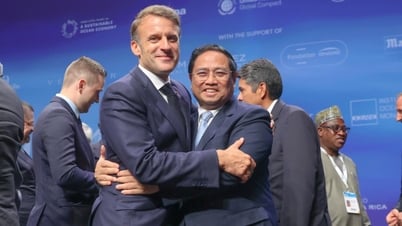

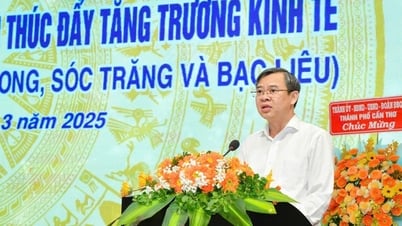

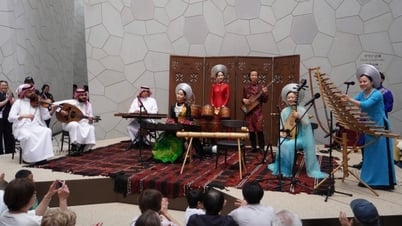





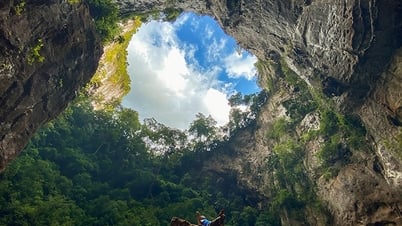
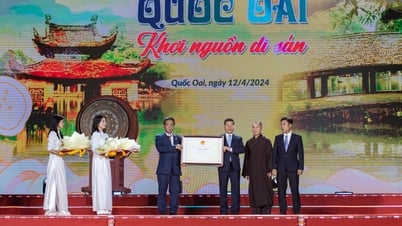

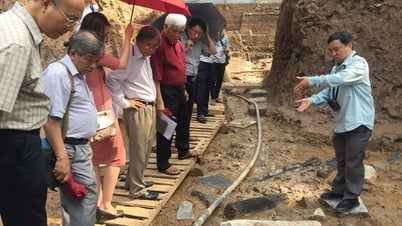
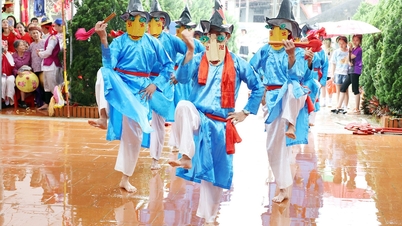
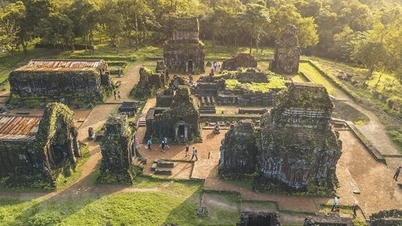





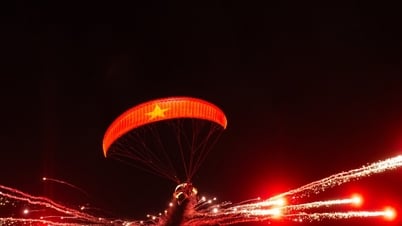



























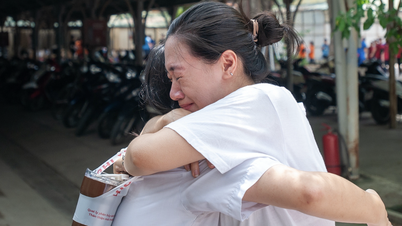

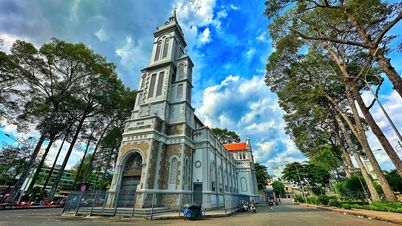



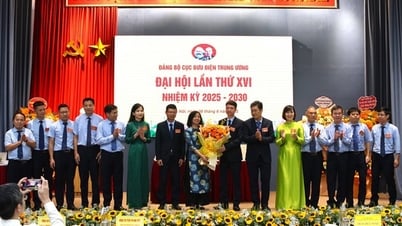












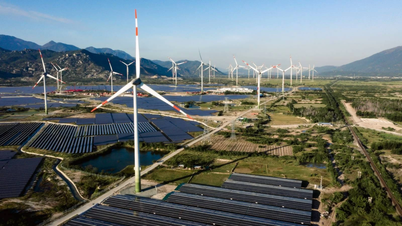









![[OCOP REVIEW] Tu Duyen Syrup - The essence of herbs from the mountains and forests of Nhu Thanh](https://vphoto.vietnam.vn/thumb/402x226/vietnam/resource/IMAGE/2025/6/5/58ca32fce4ec44039e444fbfae7e75ec)





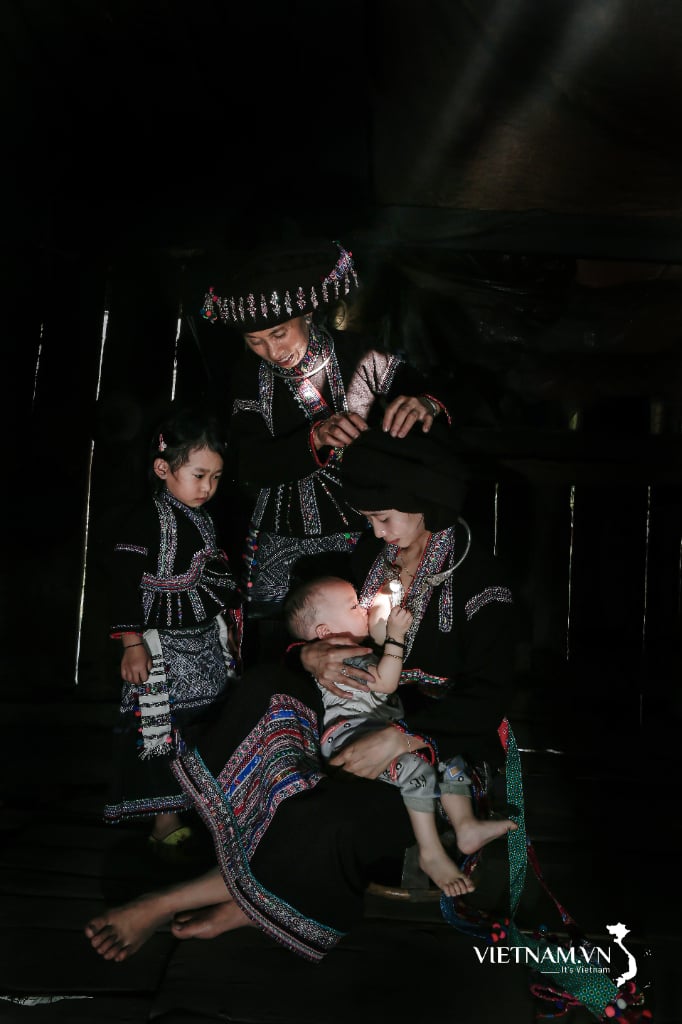

Comment (0)